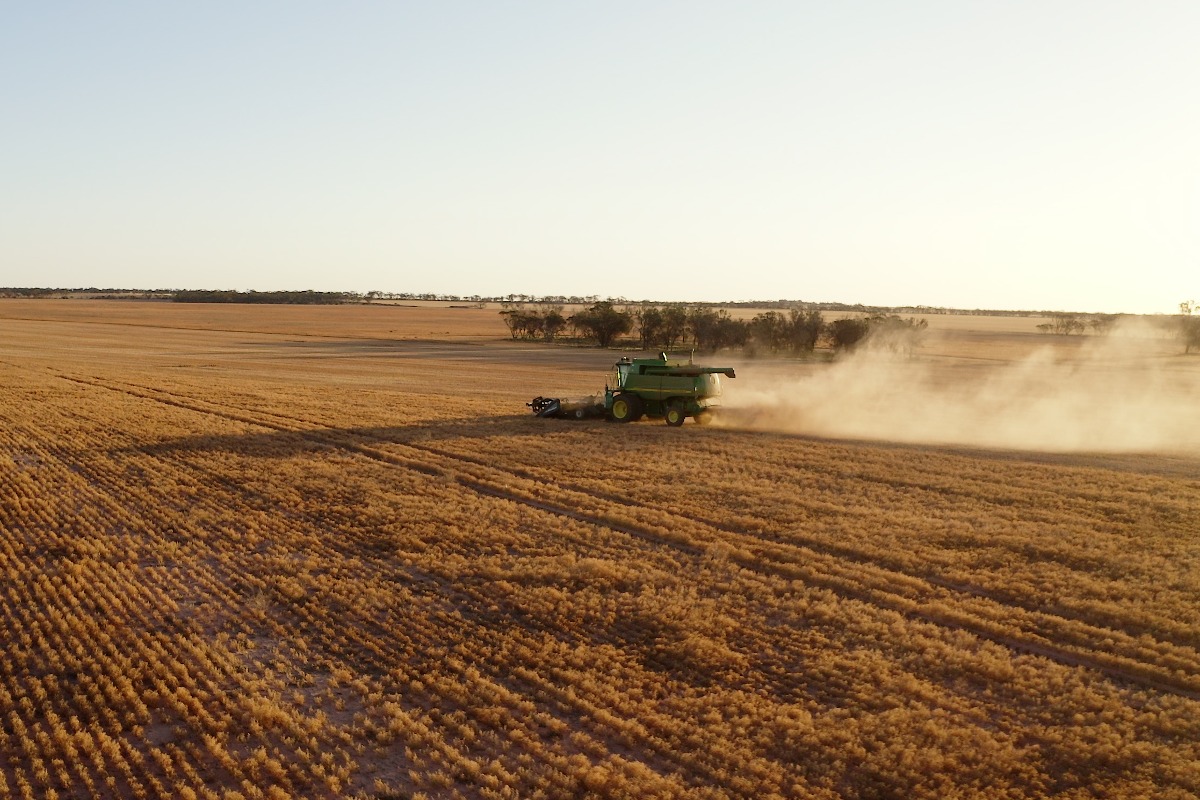Canola vs copper: Industries kick off over Liberal mining bill ‘sabotage’
SA’s mining and agricultural industries are at loggerheads over government plans to give the resources sector an open-ticket to explore the state’s farming land. One farming group claims “agriculture is still an afterthought”.

A bill that would have altered key pieces of South Australian laws governing the mining and resources sector is set to be killed off by the State Government, after the Opposition successfully championed amendments in the upper house this week that watered down its concessions for miners.
The change would have given miners the chance to continue exploring farming land beyond the current 18-year maximum, sparking debate amongst the mining and agriculture sectors.
Now, Mining Minister Tom Koutsantonis has been forced to back down, but not without some parting shots at the Opposition that he says “have yet again thumbed their noses at the state’s mining sector”.
He claimed the Liberal Party “gutted important legislation with a raft of amendments that make the bill unworkable”.
“Given mining industry associations say that having no bill is better than the Liberals’ amended legislation, the State Government now has no choice but to reject this legislation when it returns to the House of Assembly,” Koutsantonis said in a statement to InDaily.
The debate centres around the State Government wanting to add a “special circumstances extension” of five years to the current 18-year rule, with the option to also then reapply for another extension for mineral exploration licenses governed by the Statutes Amendment (Energy & Mining Reforms) Bill 2025.
It was designed to address concerns like those from the Association of Mining and Exploration Companies (AMEC) that many companies with mineral discoveries that were advancing towards mining were realising that time was running out before they had reached the next stage of submitting a mining lease application.
You might like
The state Liberals had now successfully passed amendments that would see the option for an extension reduced to two years with no further options to renew.
Other amendments successfully pushed through by Opposition Primary Industries spokesperson Nicola Centofanti and Opposition Energy and Mining spokesperson Stephen Patterson included forcing mining explorers to deliver independent agricultural impact studies and consultation with affected landowners in any extension bids.
Grain Producers SA chief executive officer Brad Perry welcomed the Liberals’ amendments, saying they provided fairness for grain producers whose land is subject to long-term mining exploration activity.
“GPSA’s preferred position has been clear for some time: the maximum exploration period should remain at 18 years as we believe that is more than sufficient for any exploration tenure,” Perry said.
“Farmers deserve certainty, not rolling extensions that leave them unsure when, or if, a project will ever progress to mining or conclude. However, a two-year capped extension is better than what was originally proposed by the state government.”

South Australian Dairyfarmers’ Association CEO Andrew Curtis added his own endorsement saying the amendments were “a necessary step in protecting high-value agricultural land”.
Stay informed, daily
“But the fact that parliament had to fix this in the eleventh hour tells the real story – agriculture is still an afterthought in policy development,” Curtis said.
“Farming shouldn’t come last.”
But while the Liberal Party is celebrating a win, it could leave the Opposition on shaky ground with the mining sector.
AMEC chief executive officer Warren Pearce was “dismayed by the decision” and claimed the Liberal party “sabotaged the bill by moving last-minute amendments that simply make no sense”.
“They claim to be working in the interests of farmers and agriculturalists, yet these amendments offer no further protection to them,” Pearce said.
“All they do is further harm investment in the state’s mining industry.
“The real losers out of this aren’t just those working in or investing in the mining industry, but the people of South Australia who once again find more barriers placed between them and the chance to realise the value of the minerals that belong to them.”
Patterson and Centofanti said the Liberal Party was standing up to “Labor’s ruthless attack on farmers” through “sensible amendments”.
They said the bill “would have seen farmers indefinitely unable to access their own land”, and it was being “rammed… through after a mere five days’ consultation and zero engagement with the agricultural sector”.
“Under Labor’s rushed and ill-conceived bill, landholders would have been exposed to indefinite exploration uncertainty and ministers running rough shod over transparency and accountability with licences being allowed to be transferred without even notifying the landholder,” Patterson said.
“Labor’s bill failed to provide any real balancing of interests between industry and primary producers, which is why we introduced amendments to bring fairness, respect and balance back into the process.”
But Koutsantonis said the government had been consulting on the bill since May – “making a mockery of the Liberals’ frankly ridiculous claim that there has not been enough consultation on the changes”.
“This was only ever a thin excuse to vandalise the intent of the legislation and betray the mining sector.
“All the Liberals have done is sought to create a divide between miners and farmers that did not exist before.”
Want to see more stories from InDaily SA in your Google search results?
- Click here to set InDaily SA as a preferred source.
- Tick the box next to "InDaily SA". That's it.








